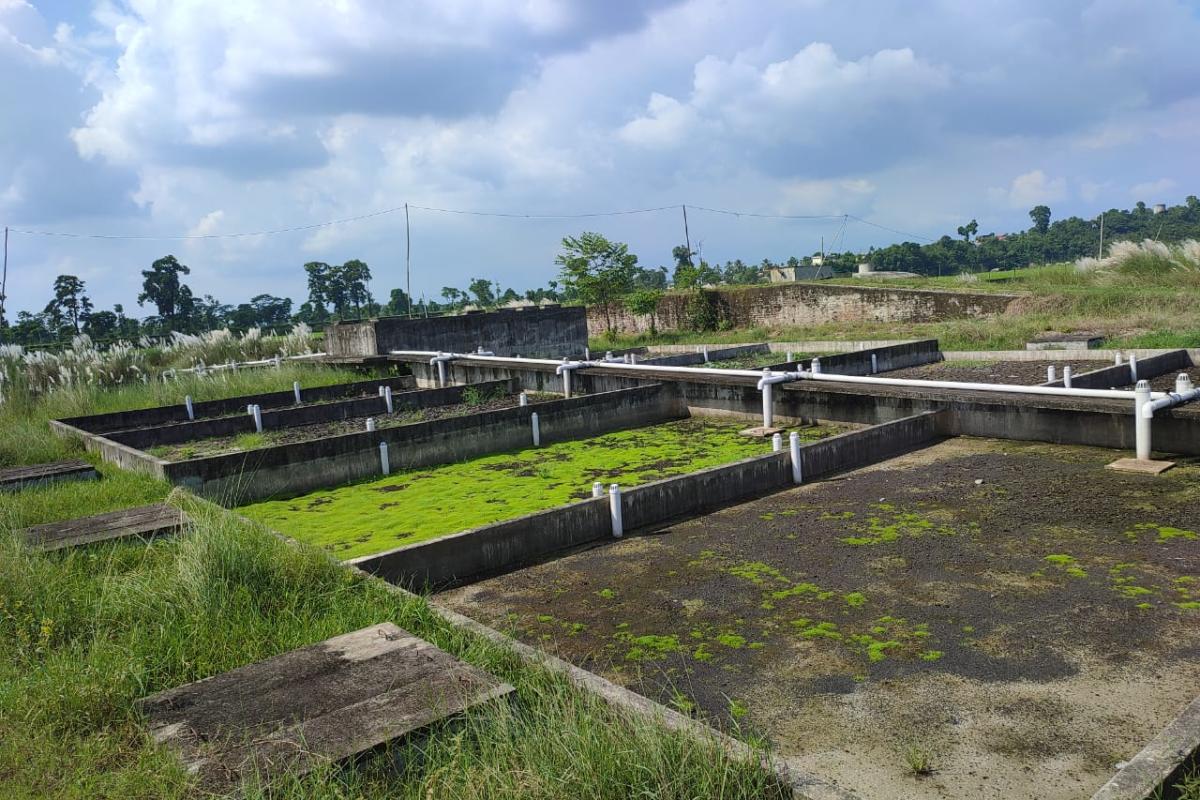Project Partner Bill & Melinda Gates Foundation (BMGF)
Project Location Nepal
Project Duration Jun 2022 - Feb 2023
Description Nepal continues to face the challenge of ensuring safety of sanitation system even after the declaration as an Open Defecation Free (ODF) country in September of 2019. Particularly, proper management of the solid waste (SW) and fecal sludge (FS) is a growing issue in Nepal. The country generates an estimated 2,925 cubic meters of fecal sludge per day (Environment and Public Health Organization, ENPHO, 2020). With only 11% of the population connected to sewerage networks and with limited wastewater programs underway, the FSM sector still has many milestones to achieve in the rapidly urbanizing landscape. Even if the prospects of sewered sanitation services pick up speed, the populations in semi-urban areas and the outskirts of cities will continue to depend on FSM2. As FSTPs play an integral role in the safe management of fecal sludge collected in these areas, FSTPs have been established in several municipalities of Nepal. At present there are sixteen FSTPs in Nepal among which Charali, Kakarbhitta, Gulariya and Lubhu FSTPs are operational; the construction of Madhuwan, Waling and Birendranagar FSTPs have been completed (these treatment plants are in operation also); detailed project report (DPR) of Nepalgunj, and Lamahi FSTPs have been completed; DPR of Dhangadi FSTP has been drafted; and DPR of Kohalpur FSTP is ongoing. Similarly, Tikapur, Shuklaphanta, Lahan and Godawari FSTPs are undergoing tendering process whereas Kodku FSTP is in conception phase. The operational status of the FSTPs, however, are neither monitored nor assessed regularly. Generally, strategic analysis and planning of the FSTPs at the regional level can contribute to its implementation in a particular region3. It allows the government and stakeholders to further their understanding of the current FS treatment situation in their area and enables identification of major problems that are faced while operating the FSTPs, based on which effective measures can be presented for improvements. Therefore, this study is aimed at assessing the performance and operational status of seven FSTPs in Nepal located in Lubhu, Charali, Kakarbhitta, Madhuwan, Gulariya, Birendranagar and Waling. The observation is based on empirical investigations of the seven FSTPs to provide realistic evidence and reasoning for future FSM investments and to instill the essence of Citywide Inclusive Sanitation (CWIS) approach while meeting the sustainable development goals (SDG) in water, sanitation and hygiene (WASH) sector.
Objective:
The main objective of this report is to present the assessment findings of the operational status of seven FSTPs across multiple cities of Nepal from the following aspects:
- Social acceptance, awareness and demand for FSM services through Key Informant Interviews (KIIs) and Multi-Stakeholder Consultation Meeting (MSCM)
- Financial self-sustainability of the FSTPs
- Technical aspect comprising technology and treatment efficiency
- Managerial aspect assessing the human resource, policy formulation, operation and maintenance (O&M).


